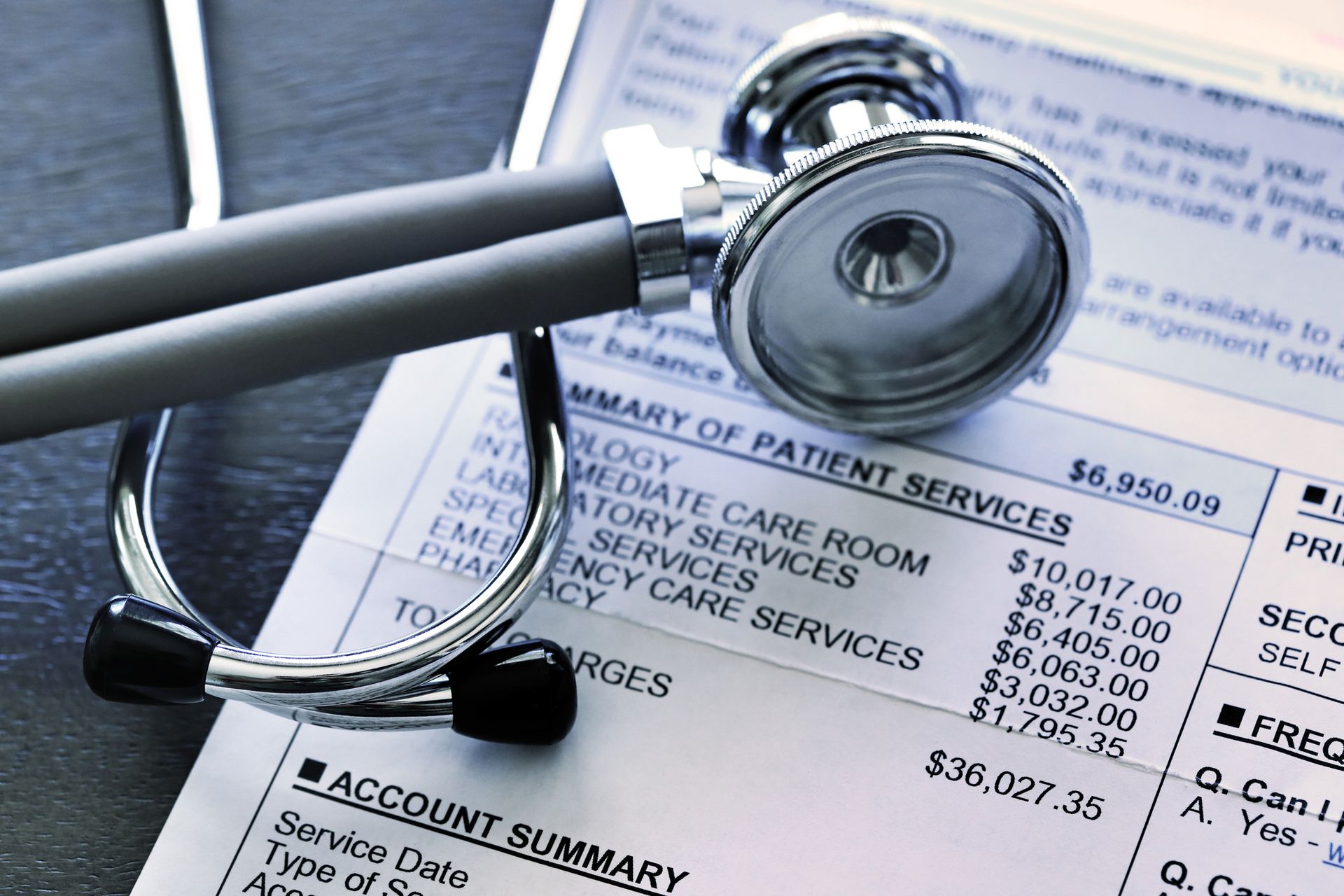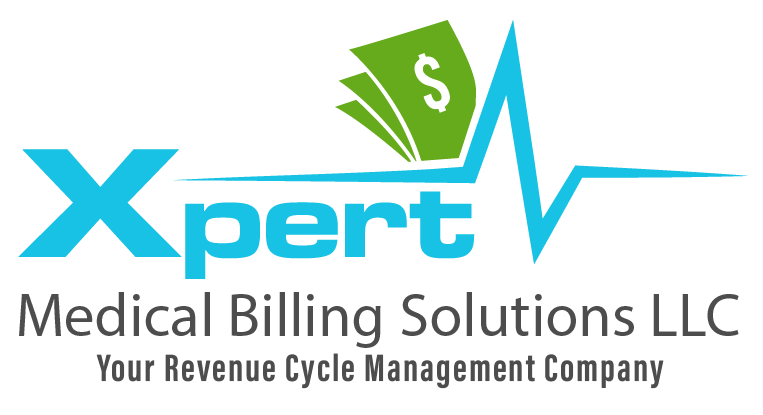Articles
Blog

July 24, 2024
In recent years, there has been a significant increase in the demand for behavioral health services as awareness of mental health issues continues to rise. This growing demand has led to changes in coding and billing practices within the behavioral health field to ensure accurate reimbursement and financial sustainability for providers. In this blog post, we'll explore the recent changes in behavioral health coding and billing and discuss strategies for providers to adapt to meet the evolving needs of this dynamic industry. Changes in Behavioral Health Coding and Billing Expansion of Telehealth Services: The COVID-19 pandemic has accelerated the adoption of telehealth services across all sectors of healthcare, including behavioral health. As a result, there have been changes in coding and billing requirements to accommodate virtual visits. Providers must stay updated on telehealth regulations and coding guidelines to accurately bill for telehealth services and ensure compliance with payer policies. Focus on Value-Based Care: Payers are increasingly shifting towards value-based care models that prioritize quality outcomes and patient satisfaction. This shift has implications for behavioral health providers, who must align their coding and billing practices with value-based initiatives. This includes documenting patient outcomes, demonstrating the effectiveness of services, and participating in quality improvement efforts to enhance patient care and maximize reimbursement. Integration of Behavioral Health and Primary Care: There is a growing recognition of the importance of integrating behavioral health services into primary care settings to improve access to care and address the holistic needs of patients. This integration presents coding and billing challenges related to coordinating care, documenting comorbidities, and ensuring appropriate reimbursement for integrated services. Providers must navigate these challenges while maintaining the integrity of their billing practices. Addressing the Growing Demand To adapt to the evolving landscape of behavioral health coding and billing, providers can implement several strategies: Invest in Staff Training: Ensure that staff members are trained on the latest coding regulations, documentation requirements, and billing procedures to maintain compliance and accuracy in billing practices. Leverage Technology Solutions: Implement electronic health record (EHR) systems and billing software that streamline coding and billing processes, improve documentation accuracy, and facilitate claims submission and reimbursement. Partner with Experienced Billing Services: Collaborate with reputable billing services like Xpert Medical Billing Solutions that specialize in behavioral health billing. Outsourcing billing tasks can alleviate administrative burdens, reduce errors, and optimize revenue cycle management. Conclusion As the demand for behavioral health services continues to grow, providers must adapt their coding and billing practices to meet the evolving needs of this dynamic field. By staying informed about changes in coding regulations, embracing technology solutions, and partnering with experienced billing services, behavioral health providers can navigate the complexities of billing and reimbursement while focusing on delivering high-quality care to their patients. Ultimately, by addressing coding and billing changes, providers can ensure financial sustainability and continue to meet the increasing demand for behavioral health services in their communities.

July 24, 2024
In the fast-paced world of healthcare, ensuring that healthcare providers are qualified and competent to deliver care is of paramount importance. This assurance comes through a process known as credentialing. Credentialing verifies the qualifications, training, and experience of healthcare providers, ensuring they meet specific standards and requirements set forth by regulatory bodies, insurance companies, and healthcare organizations. Let's delve into why credentialing is vital and how it benefits both practitioners and patients. The Importance of Credentialing Quality Assurance: Credentialing serves as a quality assurance mechanism, guaranteeing that healthcare providers possess the necessary skills and knowledge to deliver safe and effective care. By verifying credentials such as medical licenses, board certifications, and education credentials, credentialing helps maintain high standards of care and patient safety within healthcare organizations. Insurance Reimbursement: Credentialing is essential for healthcare providers seeking reimbursement from insurance companies. Insurers typically require providers to be credentialed and enrolled in their networks to receive payment for services rendered. Credentialing ensures that providers meet the insurer's eligibility criteria, facilitating timely reimbursement and financial stability for practices. Patient Confidence: Credentialing instills confidence in patients by assuring them that their healthcare providers are qualified and competent to deliver quality care. When patients know that their providers have undergone rigorous credentialing processes and meet established standards of competency, they are more likely to trust their providers and engage actively in their healthcare, leading to improved patient satisfaction and outcomes. The Credentialing Process The credentialing process typically involves several steps, including application submission, verification of credentials, and approval by credentialing committees. Healthcare providers are required to submit detailed information about their education, training, work experience, and professional certifications. This information is then verified through primary sources such as educational institutions, licensing boards, and previous employers to ensure accuracy and authenticity. Maintaining up-to-date credentials is also crucial for healthcare providers. Board certifications, medical licenses, and other credentials may require periodic renewal and ongoing professional development to remain valid. By staying current with their credentials, healthcare providers demonstrate their commitment to excellence and ongoing competency in their respective fields. Conclusion In conclusion, credentialing is a fundamental aspect of healthcare that ensures providers are qualified, competent, and eligible to deliver care to patients. By undergoing the credentialing process, healthcare providers demonstrate their dedication to maintaining high standards of care, patient safety, and professionalism. Partnering with a reputable credentialing service can streamline the credentialing process, allowing providers to focus on delivering exceptional care while ensuring compliance with regulatory requirements and insurance guidelines. Ultimately, credentialing benefits both practitioners and patients by upholding the quality and integrity of healthcare delivery.
Contact Information
Payment options















We also accept Invoice, Square, and ACH.
Certifications:
AAPC
AHIMA
CCS, CPC, COC, CRC
Business Hours
Mon - Thu
8:00 am - 5:00 pm
Friday
8:00 am- 12:00 pm
Sat- Sun
Closed
Public holidays:
Closed: 7/4/24, 9/2/24, 11/28/24, 11/29/24, 12/24/24, 12/25/24, 12/31/24, 1/1/25
Content, including images, displayed on this website is protected by copyright laws. Downloading, republication, retransmission or reproduction of content on this website is strictly prohibited. Terms of Use
| Privacy Policy
